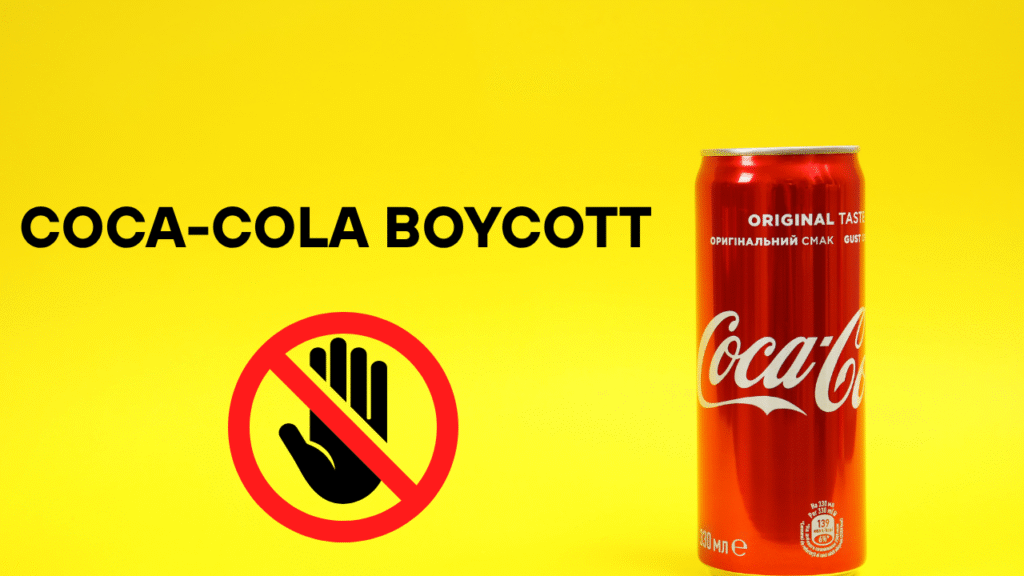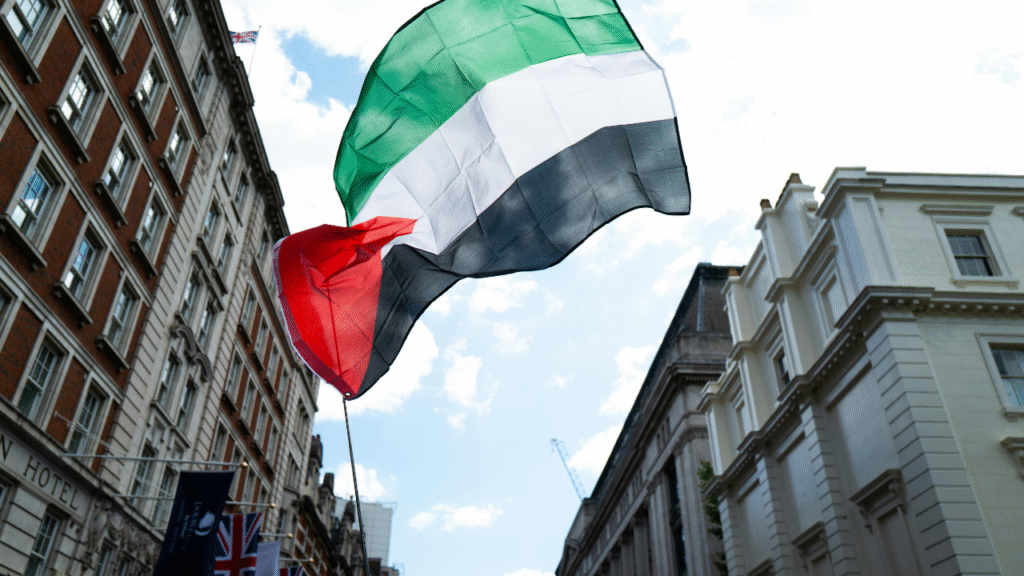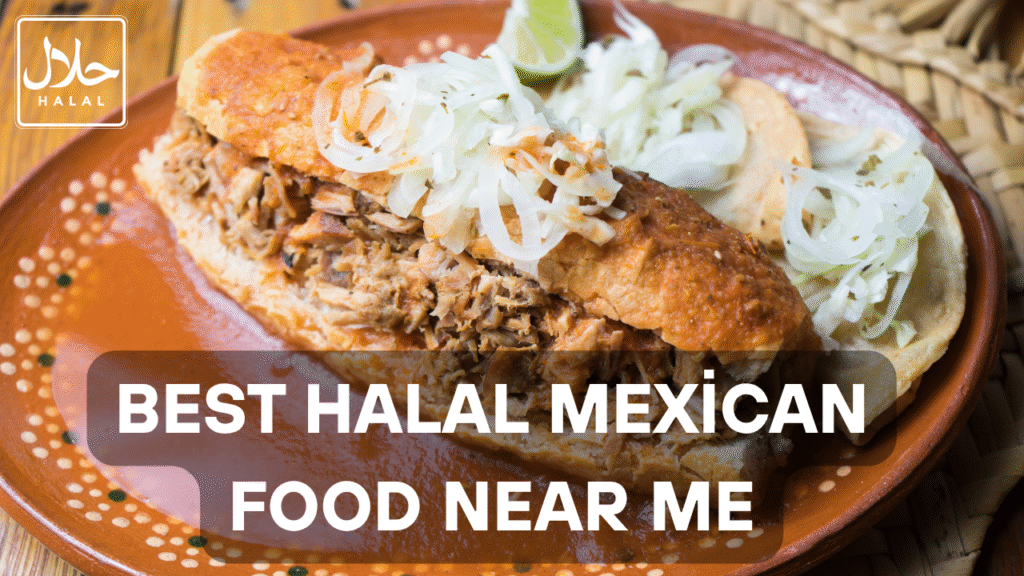The Dunkin’ Dilemma: How Allegations of Political Bias Sparked a MAGA Boycott

The fast-food and coffee industry found itself at the center of the ongoing American culture wars in August 2024 when Dunkin’ Donuts became the target of a major conservative boycott campaign, fueled primarily by MAGA (Make America Great Again) influencers on social media platform X (formerly Twitter). The controversy erupted after Chris Pavlovski, the chief executive of the video platform Rumble, alleged that Dunkin’ and its parent company, Inspire Brands, refused to advertise on Rumble due to the site’s “right-wing culture.”
This incident is the latest in a series of highly publicized consumer backlashes against major corporations perceived by conservatives as aligning with “woke” ideology. The immediate reaction from right-wing figures was a call to deliver the “Bud Light treatment” to Dunkin’—a reference to the hugely successful conservative boycott of Anheuser-Busch InBev’s flagship beer brand in 2023, which led to significant sales declines and stock price drops. This analysis explores the origins of the boycott, the details of the allegations, and the broader context of the parallel economy and brand suitability in contemporary American politics.
The Origin of the Conflict: Allegations from Rumble
The boycott movement was triggered on August 7, 2024, when Rumble CEO Chris Pavlovski posted a screenshot on X of an alleged internal email reply regarding a potential advertising deal with Dunkin’ Donuts. Rumble, a platform known for hosting prominent conservative pundits and commentators often banned from mainstream sites, approached Dunkin’ and its parent company, Inspire Brands, specifically because Rumble’s audience “over indexes with coffee consumption.”
The screenshot, although redacted, contained the crucial statement that immediately ignited the controversy: “To be honest, [redacted] I would be opposed to showing up on the current version of the platform—the right wing culture of the site is too polarizing from a brand suitability standpoint today.”
While the sender of the email remained unverified by outside sources, Pavlovski’s post framed the message as a clear instance of corporate discrimination against a conservative platform. The implication was that a major American brand was explicitly refusing business based on the perceived political alignment of a media platform’s audience and content. This allegation of a “brand suitability” decision rooted in political bias became the primary rallying cry for the ensuing boycott.
The Rumble Content Context
The controversy is situated within a broader legal and cultural battle where social media platforms like Rumble and X (which is also suing advertisers) allege that businesses withhold advertising due to the right-wing content hosted on their sites.
Rumble, in particular, hosts controversial figures who have been permanently banned from most other mainstream platforms, including:
- Alex Jones: The conspiracy theorist who was ordered to pay billions to the families of Sandy Hook victims for defamation.
- Nick Fuentes: A far-right commentator known for making antisemitic and white supremacist remarks, including Holocaust denial.
For Dunkin’ or any major advertiser, the presence of such extreme content presents a significant dilemma regarding brand safety and corporate values. However, for the platform’s user base, the refusal to advertise is interpreted as political censorship and an act of corporate bias against conservatives.
The MAGA Backlash and the “Bud Light Treatment”
The response from prominent MAGA influencers and conservative commentators on X was immediate and overwhelming. Within hours of Pavlovski’s post, the hashtag #BoycottDunkinDonuts became a top trending topic on the platform, signifying the rapid mobilization capabilities of the conservative consumer base.
The influencers explicitly called for the company to receive the “Bud Light treatment.” This phrase has become a powerful shorthand in conservative political discourse, demanding that companies seen as “going woke” suffer significant financial consequences.
Key figures echoed this sentiment:
- Influencers like @catturd2 directly challenged Dunkin’, stating, “It’s time to BudLight- @dunkindonuts. Boycott them. We have to stick together.”
- User @iAnonPatriot crystallized the sentiment with the slogan, “Time to give Dunkin’ Donuts the Bud Light treatment. Go Woke, Go Broke.”
The Bud Light boycott, which began in April 2023 after the brand sent a personalized can to transgender social media personality Dylan Mulvaney, successfully demonstrated the economic power of conservative consumer activism. The financial fallout, marked by sustained sales drops, established a precedent that has since been weaponized against other brands conservatives deem “un-American” or “woke,” such as Coca-Cola and Planet Fitness. The MAGA boycott of Dunkin’ aimed to replicate this success.
The Rise of the Parallel Economy and 1775 Coffee
The controversy quickly transitioned from a boycott to a direct call for an economic alternative. Rumble’s response was not just defensive but aggressively promotional, utilizing the moment of outrage to market a competing product within the burgeoning “parallel economy”—a network of companies founded and supported by conservatives as an alternative to “woke” mainstream corporations.
Rumble sent out an email urging its users to stop buying Dunkin’ Donuts coffee and instead switch to its “Official Partner, 1775 Coffee.”
The email framed the switch as a direct response to “overt discrimation [sic] againt [sic] Rumble and its users” and asked for support in the “fight against woke corporate businesses.”
The 1775 Coffee brand, which its website clarifies Rumble “started to fuel the anti-woke folk,” explicitly aligns itself with this “anti-woke” philosophy. The brand is actively advertised by high-profile conservative figures hosted on Rumble, including Donald Trump Jr. and Andrew Tate, cementing its place as a politically motivated consumer choice. This strategy perfectly illustrates the dynamic of the parallel economy: when mainstream brands are accused of discrimination, parallel companies rush in to capitalize on the resulting market opportunity by offering consumers a product explicitly devoid of the perceived political baggage.
Brand Suitability vs. Political Discrimination
The heart of the Dunkin’ controversy lies in the clash between brand suitability standards and claims of political discrimination.
- Brand Suitability Perspective: From Dunkin’s viewpoint, the decision to avoid advertising on Rumble is likely a calculation based on risk management. The platform’s hosting of figures like Alex Jones and Nick Fuentes, regardless of their political alignment, poses a significant threat to a mainstream brand’s reputation. Associating with content that promotes hate speech or spreads harmful conspiracy theories could alienate a broad, diverse customer base and lead to boycotts from the other side of the political spectrum. In this context, the term “too polarizing” is an attempt to define the site as an unacceptable risk environment, not necessarily a political statement.
- Political Discrimination Perspective: For Rumble and MAGA consumers, this same decision is proof of “viewpoint discrimination”—the belief that large corporations systematically exclude conservative voices and platforms. The core message is that businesses are using “brand suitability” as a proxy to enforce a liberal political agenda, thereby justifying the need for the counter-boycott and the growth of the parallel economy.
The Dunkin’ boycott is a clear example of how corporate advertising decisions, which are fundamentally about business risk, are now being interpreted and mobilized as potent political and cultural statements in an increasingly polarized consumer landscape. The success of these consumer campaigns, whether against Bud Light or Dunkin’, ultimately forces corporations to weigh the financial risks associated with what they say against the risks associated with where they advertise.








